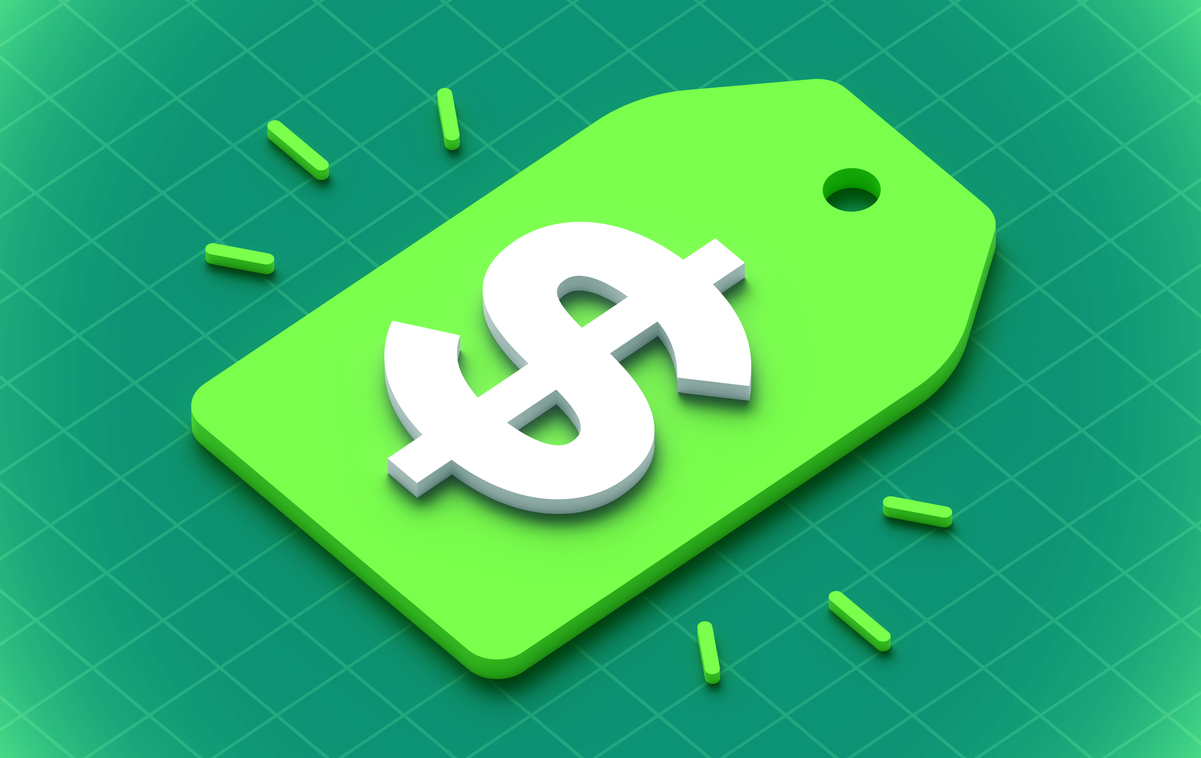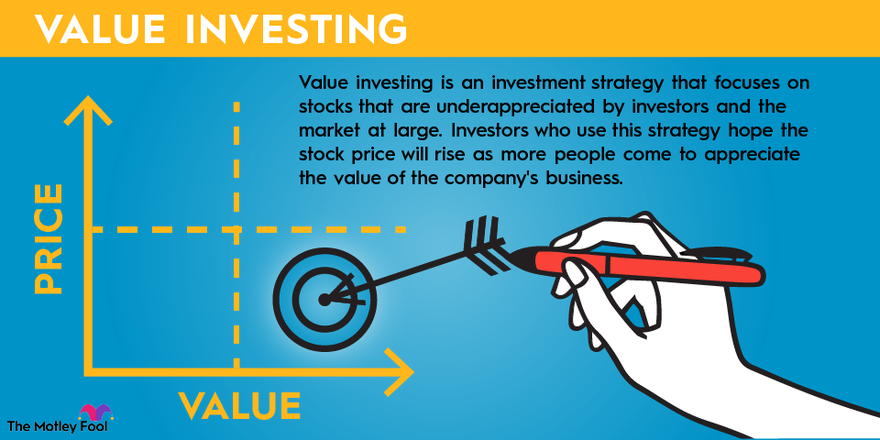How investors use value ETFs in portfolios
Value ETFs are a simple way to increase allocation to value stocks in your portfolio. That can be done by balancing a value stock ETF with a growth stock ETF as the core of a portfolio, or an investor might opt to add a value stock ETF in addition to a broad market index fund to add additional tilt toward value stocks. Many investors like to add small-cap value stocks to their portfolio using an ETF.
Pros and cons of investing in value ETFs
Pros
- Downside protection: In a bear market, value stocks typically hold up better than the rest of the market.
- Diversification: Value ETFs can provide a diversifying factor to your portfolio.
Cons
- Less upside: Value stocks rarely climb as high or as fast as growth stocks.
- Industry concentration: Value ETFs are heavily weighted toward financials and energy stocks.
- Tracking error: Smaller indexes can introduce tracking error, leading to returns that don't match the index they're meant to match.
Value ETFs vs. dividend ETFs
Many value ETFs offer relatively high dividend yields due to the nature of value stocks. They're often mature companies with steady cash flow that supports a solid dividend. But a dividend ETF is particularly focused on dividends, either high-yielding stocks or stocks with high potential dividend growth (or some combination of both). A value ETF typically ignores the dividends of the stocks in the portfolio; they're merely a side effect of the types of stocks that usually trade for lower valuations.
How to choose a value ETF
Start by deciding what kind of exposure you want. Small-cap value stocks have historically outperformed the market, but large-cap value is less volatile. International funds add diversification but carry additional risk. If income matters, a dividend-focused fund like VYM may be the better fit.
Once you've narrowed your focus, compare expense ratios and, if the fund tracks an index, tracking error. Low tracking error matters especially if you're making regular contributions.
How to invest in value ETFs
- Open your brokerage app: Log in to your brokerage account where you handle your investments.
- Search for the stock: Enter the ticker or company name into the search bar to bring up the stock's trading page.
- Decide how many shares to buy: Consider your investment goals and how much of your portfolio you want to allocate to this stock.
- Select order type: Choose between a market order to buy at the current price or a limit order to specify the maximum price you're willing to pay.
- Submit your order: Confirm the details and submit your buy order.
- Review your purchase: Check your portfolio to ensure your order was filled as expected and adjust your investment strategy accordingly.
Outlook for value ETFs in 2026
As the S&P 500 grows more concentrated in mega-cap AI and tech stocks, value investing looks increasingly attractive by comparison. If investors begin rotating away from high-multiple growth names, whether due to valuation concerns or a broader market shift, value ETFs could see meaningful outperformance this year.








